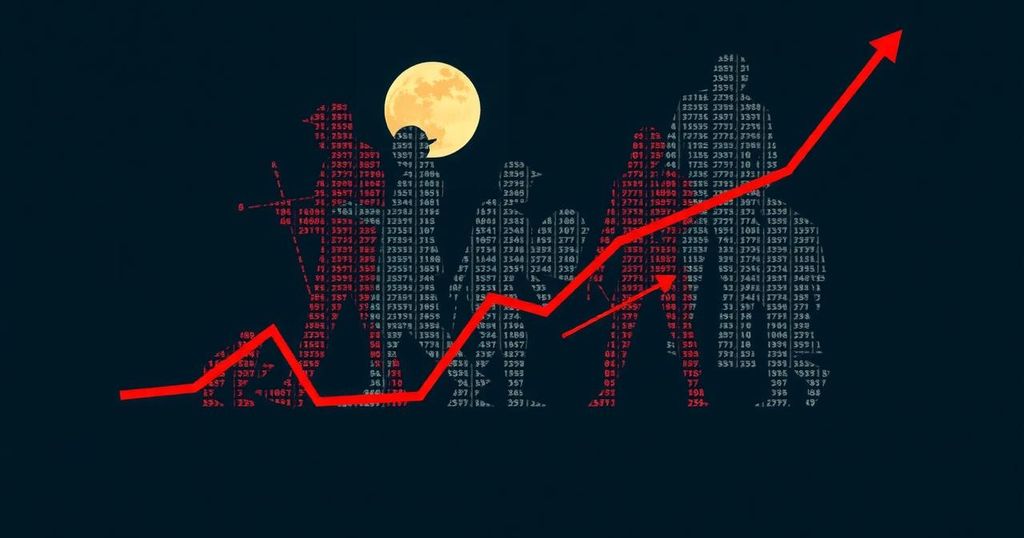China’s July Inflation Outpaces Expectations, Producer Prices Continue to Decline
In July, China experienced a faster-than-anticipated uptick in consumer prices despite the persistent issue of deflation in producer prices. This development is a result of Beijing’s efforts to strengthen its consumer sector amid a struggling economic recovery.
According to the National Bureau of Statistics (NBS), the consumer price index (CPI) in July rose by 0.5%, surpassing the 0.2% increase observed in June. Economists had predicted a 0.3% rise, indicating that the actual figure exceeded expectations. Additionally, core inflation, which excludes volatile food and fuel prices, increased by 0.4% in July, down from the 0.6% rise noted in June.
The increase in consumer prices can partly be attributed to the impact of high temperatures and rainfall in certain regions, which led to a rise in food prices. Despite this, weak domestic demand continues to pose a significant challenge for China’s economy. Factors such as a housing downturn, job insecurity, and substantial local government debt have hindered consumer spending, particularly for big-ticket items.
The impact of these challenges is evident in the downward trend of car sales, which fell for the fourth consecutive month in July. Even with the implementation of a national auto trade-in program and relaxed auto loan regulations, consumer participation in the automotive market remained subdued.
Furthermore, China’s capital city, Beijing, reported a 6.3% decline in retail sales in June, while the financial hub of Shanghai saw a 9.4% decrease in consumption. These figures contrasted with the national average of a 2% rise in retail sales.
On the other hand, the producer price index (PPI) recorded a 0.8% decline in July compared to the previous year, consistent with the figures from the previous month. The stability in producer deflation aligns with the Chinese government’s commitment to implementing stimulus measures targeted at consumers, with a focus on financing equipment upgrades and trade-ins for consumer goods.
Despite the challenges posed by weak domestic demand and escalating trade tensions with the West, China has maintained its determination to boost consumer spending and support economic growth. To meet this objective, Chinese leaders have announced the allocation of 300 billion yuan ($41.96 billion) in ultra-long treasury bonds, signaling their commitment to sustaining the country’s economic trajectory.
In conclusion, China’s recent economic data reflects a delicate balance between rising consumer prices and enduring producer deflation. While challenges persist, the Chinese government’s proactive measures are aimed at revitalizing consumer spending and driving sustained economic growth.








Post Comment